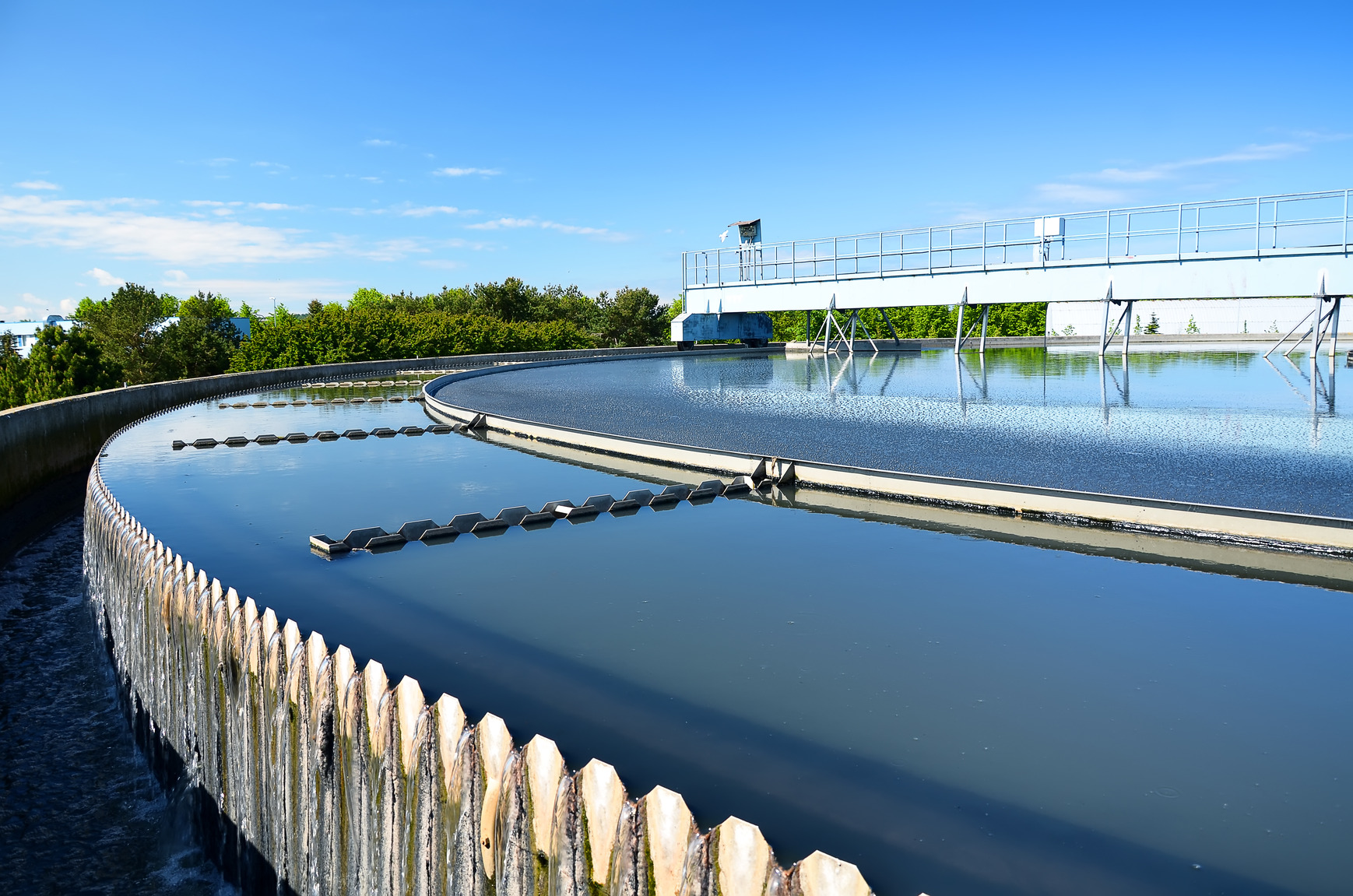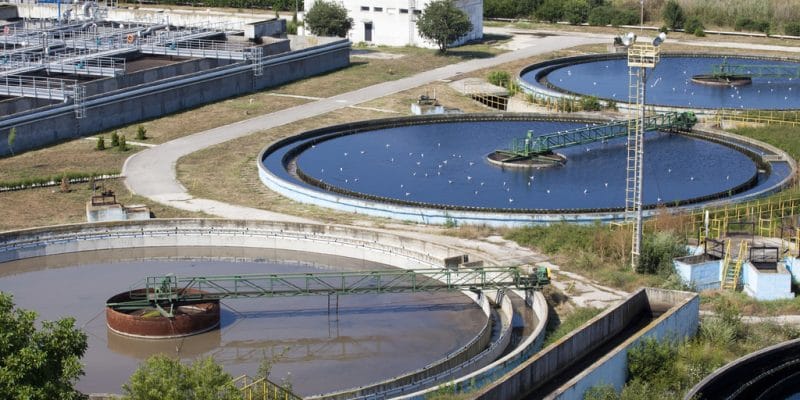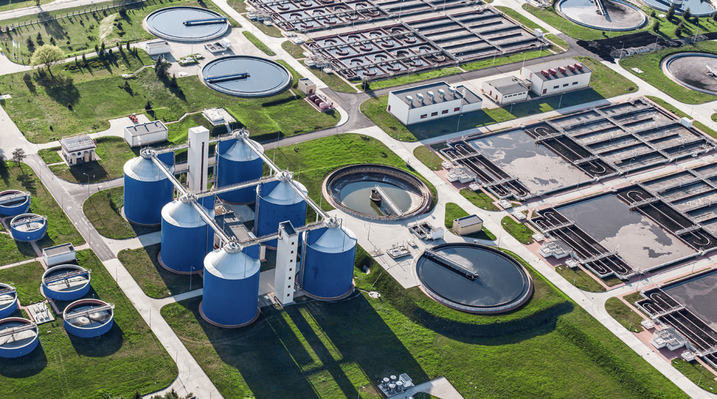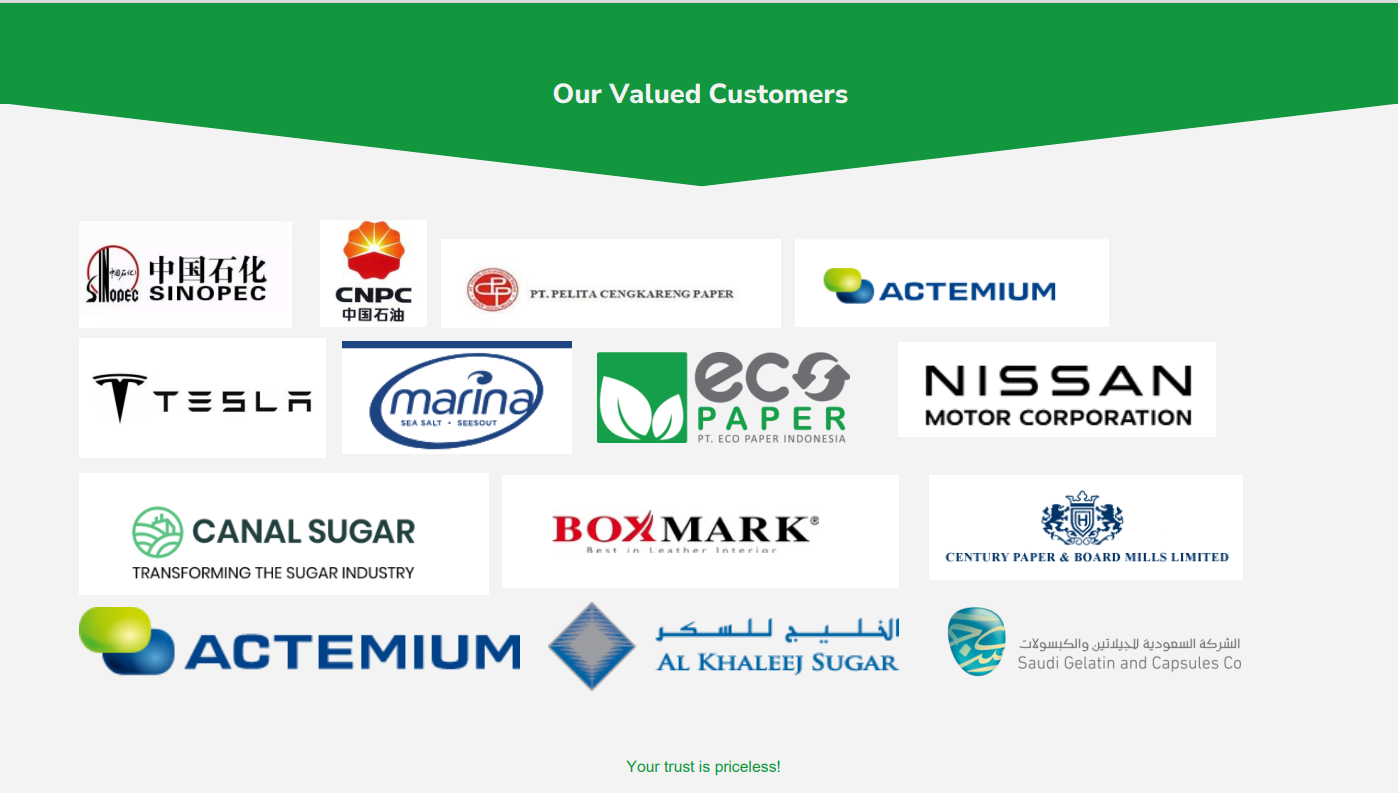Professional Terms Used in Wastewater Treatment Industry
- Domestic wastewater: mainly the discharge water produced by various kitchen water, washing water and toilet water used in human life, mostly non-toxic inorganic salts, domestic sewage contains more nitrogen, phosphorus, sulfur, and more pathogenic bacteria.
- Municipal wastewater: the collective term for sewage discharged into the urban sewage system also includes production wastewater and intercepted rainwater which are collected by the urban drainage pipe and transported to the sewage treatment plant for treatment.
- Industrial wastewater: refers to the wastewater, sewage and waste liquid produced in the industrial production process, which contains industrial production materials, intermediate products and products that are lost with water, as well as pollutants generated in the production process.

- COD: chemical oxygen demand, the amount of oxidant consumed in the chemical oxidation process of substances that can be oxidized in the water under specified conditions, expressed in (mg) of oxygen consumed per liter of water sample, usually recorded as COD.
- BOD: the amount of dissolved oxygen in the water consumed by the process of microorganisms in the surface water to decompose organic matter, called the biochemical oxygen demand, usually recorded as BOD, and the common unit is mg/L.
- TOC: refers to the total carbon content of soluble and suspended organic matter in the water, reflecting the content of oxidized organic compounds in the water, unit is ppm or ppb.

- Air flotation: a large number of fine bubbles are produced in the water, so that the air adheres to the suspended particles in the form of highly dispersed tiny bubbles, resulting in a state where the density is less than that of water. The principle of buoyancy is used to make it float on the water surface to achieve solid-liquid separation.
- Flocculation: the process of destabilizing colloids coalescing each other into large-particle flocs.
- Aeration: a means of making air and water come into contact, the purpose of which is to dissolve oxygen in the air in the water, or to expel unwanted gases and volatile substances from the water to the air.
- Reuse of reclaimed water: it is to treat domestic sewage (or municipal wastewater) or industrial wastewater through advanced technology to remove various impurities, remove toxic, harmful substances and certain heavy metal ions that pollute the water body, and then disinfect and sterilize the water. The water body is colorless, odorless, clear water quality, and meet or better than the national standard for miscellaneous water (or related regulations), widely used in enterprise production or residents' lives.

Any requirements, contact us now!
Grace
Email:grace@filtrationchina.com
Mobile/Whatsapp/WeChat:+86 17269571160

